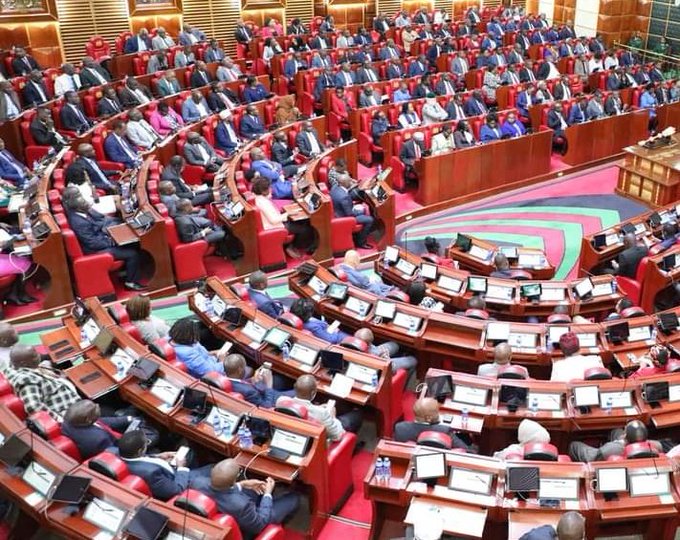

Kenyans should brace for continued high food prices in the
coming months, the Parliamentary Budget Office (PBO) has warned, citing
persistent inflation and adverse weather patterns.
In its latest report to the Budget and Appropriations Committee, the PBO forecasts that food inflation will remain elevated due to the anticipated below-average short rains between October and December 2025.
These conditions are likely to further strain agricultural production, especially of vegetables and other essential food crops.
“Food inflation is expected to persist, in part as a result of below-average short rains anticipated between October and December,” the report noted.
Between June 2024 and August 2025, notable price increases were recorded in key food commodities, including vegetables, cooking oil, and sugar.
According to the report, these hikes are partly linked to erratic weather patterns that disrupted vegetable and crop production.
While food prices are projected to stay high, the PBO offered some relief on the fuel front.
The report highlighted a downward trend in fuel prices, aligned with global market shifts and an anticipated increase in oil supply.
During the review period, kerosene prices dropped by 9.7 per cent, diesel by 5.7 per cent, and petrol by 6.4 per cent.
However, the report cautioned that global geopolitical tensions—particularly in the Middle East—continue to pose a risk to energy markets.
On the broader inflation outlook, the report indicated that core inflation, which excludes volatile items like food and fuel, remained relatively stable, rising slightly from 2.8 per cent in June 2024 to 3.0 per cent in August 2025.
This stability has been attributed to a firm exchange rate and measures in the Finance Act 2025 that enhanced tax administration without introducing new levies.
Sectors such as clothing and footwear, health, and restaurant and accommodation services experienced notable price increases over the period, the report added.
Overall inflation stayed within the Central Bank's target range of 5 per cent ± 2.5 per cent, easing slightly from 4.6 per cent in June 2024 to 4.5 per cent in August 2025. Non-core inflation, which includes food and energy prices, declined from 10.1 per cent to 9.2 per cent over the same period.















![[PHOTOS] How ODM@20 dinner went down](/_next/image?url=https%3A%2F%2Fcdn.radioafrica.digital%2Fimage%2F2025%2F11%2F99d04439-7d94-4ec5-8e18-899441a55b21.jpg&w=3840&q=100)
